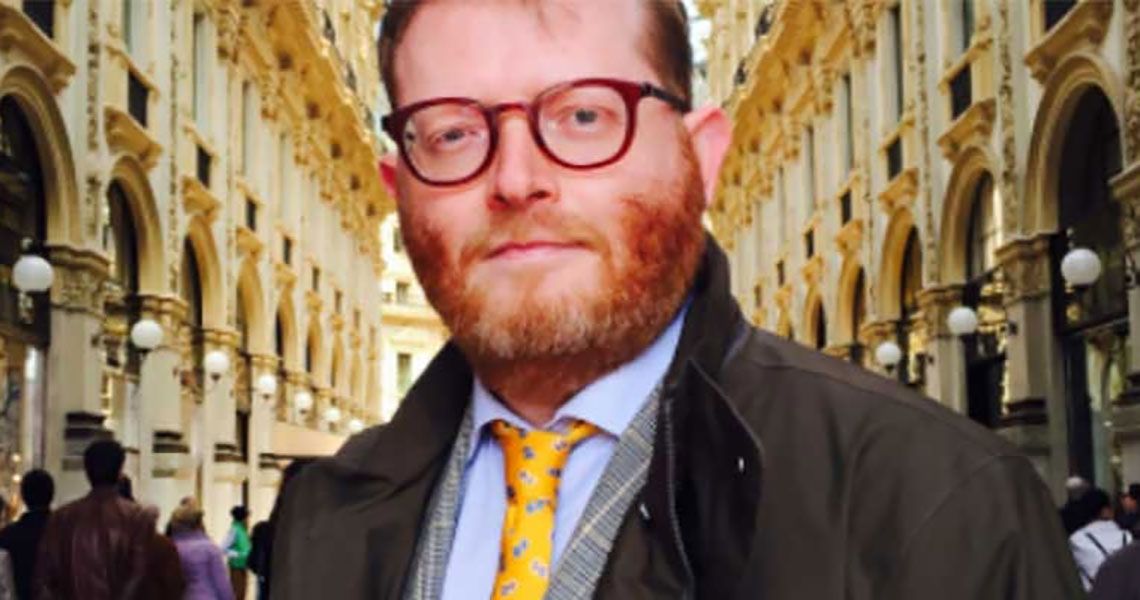Professor Giuseppe Testa, MD, PhD,
European Institute of Oncology and European School of Molecular Medicine
Monday, May 11th
4:00—5:30pm
UCLA, 1100 Terasaki Life Sciences Building Conference Room
The expansion of the life sciences into the fabric of our time is rooted in the eminent flexibility of its technological core, which entails at its most basic the following two capacities: i) that of encompassing an increasing range of biological objects and functions in digital format; and ii) that of intervening into biological objects and functions by harnessing their digital codes through a panoply of molecular switches. The flexibility of this technological core manifests itself first and foremost in the explosion of questions and contexts to which it can be productively applied. From molecules to ‘omic’ profiles, from cellular lineages to organs, from organisms to environments, all more or less classically defined levels of biological organiza-tion are now amenable to the digitizing ambition of the contemporary life sciences.
Here I build on both strands of my scholarship (STS and molecular biomedicine) to probe the mutual constitution of epis-temic and societal arrangements around the contemporary life sciences. To this end I introduce the notion of scale as an innovative tool for policy-relevant biopolitical theorizing. The notion of scale captures and exposes the deepening gaze of the life sciences in exploring matters of major societal concern through an array of distinct yet compatible levels of inquiry. From mental illness to environmental pollution, from ageing to diet, from cancer to poverty, virtually all aspects of society’s well-being are becoming amenable to biological inquiry through a multi-scale approach that illuminates these phenomena at distinct but compatible levels of analysis. Yet, in vindicating the popular saying that ‘size matters’, at any given scale of inquiry what is increasingly making the difference is also the very scale of the effort itself. No matter whether one probes the genomic predisposition to mental health or the epigenomic profiles associated with poverty, the heterogeneity of can-cer samples or the life-long effects of dietary habits, the sheer scale at which each of the relevant levels is probed has itself a transforming effect. Biobanks of hundreds of thousands of samples, longitudinal studies of tens of thousands of individu-als, sequencings of individual cells: these are all vivid examples of how any given level of biological inquiry acquires salience depending on the scale at which it is itself probed.
Importantly the notion of scale enables the investigation of the corresponding scales of governance at which, or through which, developments in the life sciences are feeding into society, and vice versa. Indeed, from an empirical analysis of the most salient encounters between the life sciences and society, from high-profile patent disputes to national and suprana-tional legislations around the human embryo, scales emerge as an innovative analytical tool to probe the alignments or misalignments of scientific and political rationalities in contemporary democracies.
This event is sponsored by the Institute for Society and Genetics, UCLA. This talk and Dr. Testa’s visit are cosponsored by the EpiDaPo Laboratory, a collaboration of UCLA and CNRS; the Department of Neurobiology and Behavior, UC Irvine; Sue & Bill Gross Stem Cell Research Center, UC Irvine; the Jonsson Comprehensive Cancer Center Gene Regulation Program; the History of Science, UCLA Department of History; and Social Studies of Medicine, UCLA
This event is free and open to the public.
